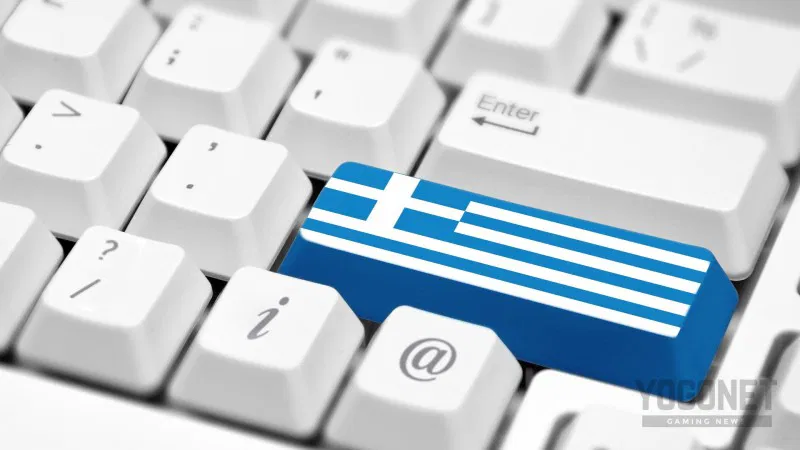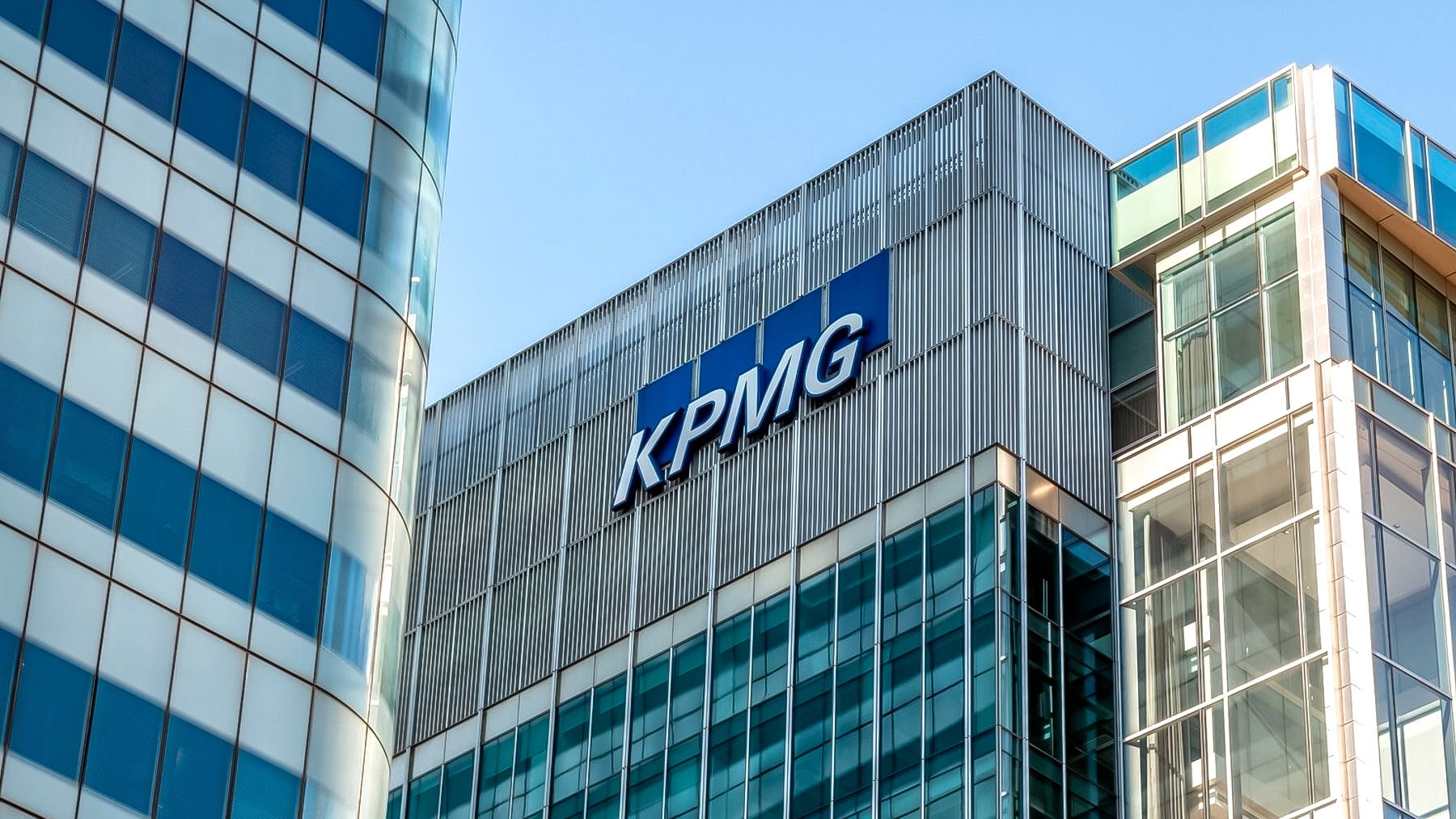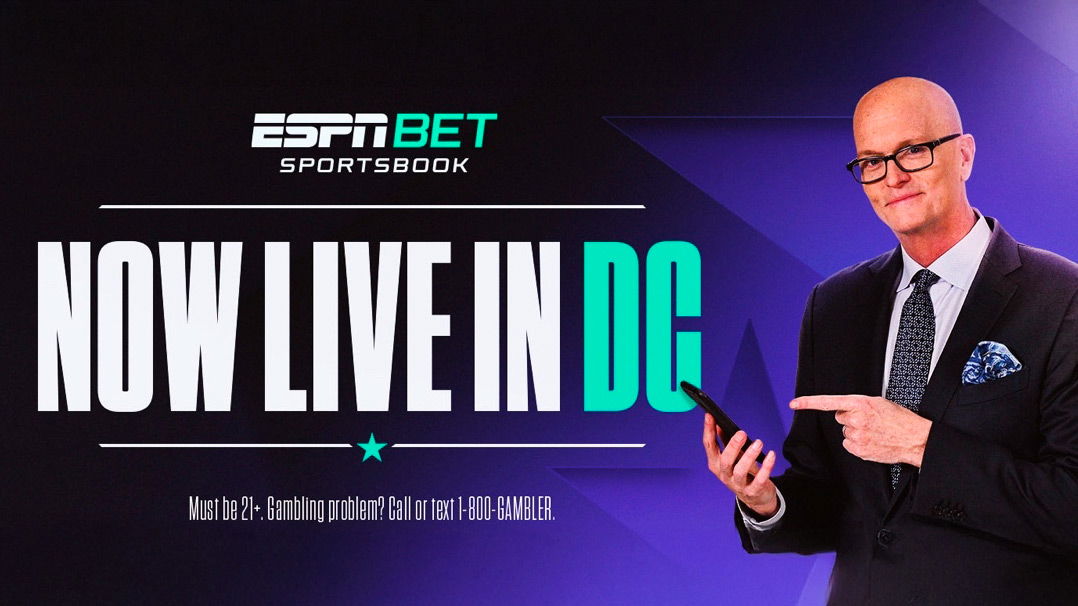Full circle: Greece fully re-regulates after nearly 20 years

Ayvar Gabidullin is Business Development Manager at Slotegrator. He has over 5 years of experience managing B2B and B2C sales departments in the online gambling industry. He started his career working in customer support for online casinos and grew to become the head of a department offering tailored services to VIP players. He joined Slotegrator with a strong focus on the company’s products and deep knowledge of what players need.
Greek authorities banned all forms of online gaming in 2002, later issuing temporary licenses in 2011. After ten years of overseeing a market dominated by a state-run monopoly, the Hellenic Gaming Commission (HGC) has finally moved to issue permanent licenses again and develop the country’s gambling industry.
From a flat-out ban to a state monopoly
In an effort to combat organized crime, the Greek government banned all forms of online gambling in 2002, viewing flat-out prohibition as simpler and more effective than implementing and enforcing more comprehensive regulations.
The ban even went so far as to include online video games (including chess), prompting concerns from the populace and the European Commission, which referred Greece to the European Court of Justice in 2005.
In need of cash after the worldwide economic crisis of 2008, Greek authorities moved to tap into gambling revenues. A law passed in 2011 repealed the 2002 law and allowed the issue of temporary licenses for online gambling and sports betting operators.
However, many of the operators that entered the market left it just a year later when it became clear that “legalization” equated to a state-run monopoly. OPAP, the state-owned lottery and betting organization, dominated the market and provided the government revenues at a time they were badly needed — especially when a 33% ownership was sold off in 2013, raising over €650 million.
Numerous legal challenges were brought by both domestic operators and international sportsbooks, alleging unfair practices that violated EU standards — specifically those regarding freedom of services. In 2013, the Court of Justice of the European Union ruled that the monopoly was unlawful. However, a Greek court defended the OPAP monopoly, claiming it was a necessary measure to combat criminal activity linked to gambling, keeping the arrangement in line with EU law.
The move to re-regulate
But like any other industry, too much government involvement is more likely to hinder growth than encourage it. Between 2013 and 2016, the gambling industry only generated an estimated €60,000 in tax revenues, and in 2016 the government announced plans to develop a more effective regulatory framework.
Finally, in September 2020, the Hellenic Gaming Commission (HGC) invited prospective online gambling operators to apply for a license in accordance with their new regulations. The commission offers two types of license: one for online betting and one for all other iGaming activities.
Regulations are similar to those in the UK, including limits some might find restrictive: slots are subject to a €2 maximum bet, a 3-second minimum spin time, and a €50,000 jackpot limit.
This was also in conjunction with some heavily regulated advertising policies. For example, slots can only be legally advertised on the same website, while other gambling enterprises can cooperate only with registered affiliates. The registration is performed by the HGC and costs €1,000.
On 12 October 2020, the Commission advised that it would require a “letter of guarantee” from the applicant for an online gambling license. In January 2021, the HGC eased the process for supplier and affiliate suitability applicants, allowing them to submit the initial application online, provided they later filed physical paperwork.
Finally, after a two-week Anti-Money Laundering consultation in June 2021, the HGC announced it had issued 15 online gambling licenses on 5 July 2021 — the first permanent licenses issued since the blanket ban in 2002.
The licenses are a long time coming; a scheme for formal licensing was announced in 2019, but the debut of the system was pushed back multiple times. Most recently, the rollout had been expected in February 2021 after previous postponements.
Critics of Greece’s gambling laws have continually pointed out that the legislation will likely prevent many foreign operators from launching a gambling business in Greece, rather than encouraging them to enter the market.
Licensing fees and financial requirements:
- License fee: €3 million for online betting, €2 million for other online games
- Application fee: €10,000
- Required bank guarantee: €100,000
- Required minimum capital: €200,000
- License duration: 7 years
- Overview of the Greek market
Like many other European markets, Greece was poised for vigorous growth. In 2018, the online sector reached revenues of €391 million, a 37% increase over 2017. The growth correlated not only with the surge in betting that comes along with the football World Cup, but also with the lifting of certain banking restrictions. The Greek government brought in €137 million in taxes, €37.4 million more than in the previous year. In 2019, the market rose further again, as it was expected to, and experts anticipate further growth in the future.
Initially, 2020 started as another fruitful year, but the sports betting market took a huge nosedive due to the pandemic. In the spring, when many sporting events were cancelled or postponed, revenues were reduced by 40% compared to the previous year.
However, within the broader iGaming industry, the prospects are brighter. While sports betting was in free fall, online casinos began to flourish. Smaller brands focusing on poker and other forms of gambling thrived, with several of them doubling or even tripling their revenues.
All told, not even the coronavirus pandemic has hindered the growth of the online gambling sector. According to official statistics from the HGC, online gambling GGR hit €540 million in 2020, up from €437 million in 2019. Given the 35% tax rate on gross online gambling revenues, it’s in the government’s interest to create an environment where the industry can flourish.
Opening an online casino to cater to Greek players
There’s always a rush of excitement whenever a market re-regulates. Players in newly re-regulated markets are often grateful for protections that come along with playing on sanctioned sites, and those that had previously turned to black market casinos will return to play on licensed ones. Newly open markets are widely seen as valuable opportunities to start or expand an online gambling business.
Contact us to find out how we can help your business enter the Greek market.

















































